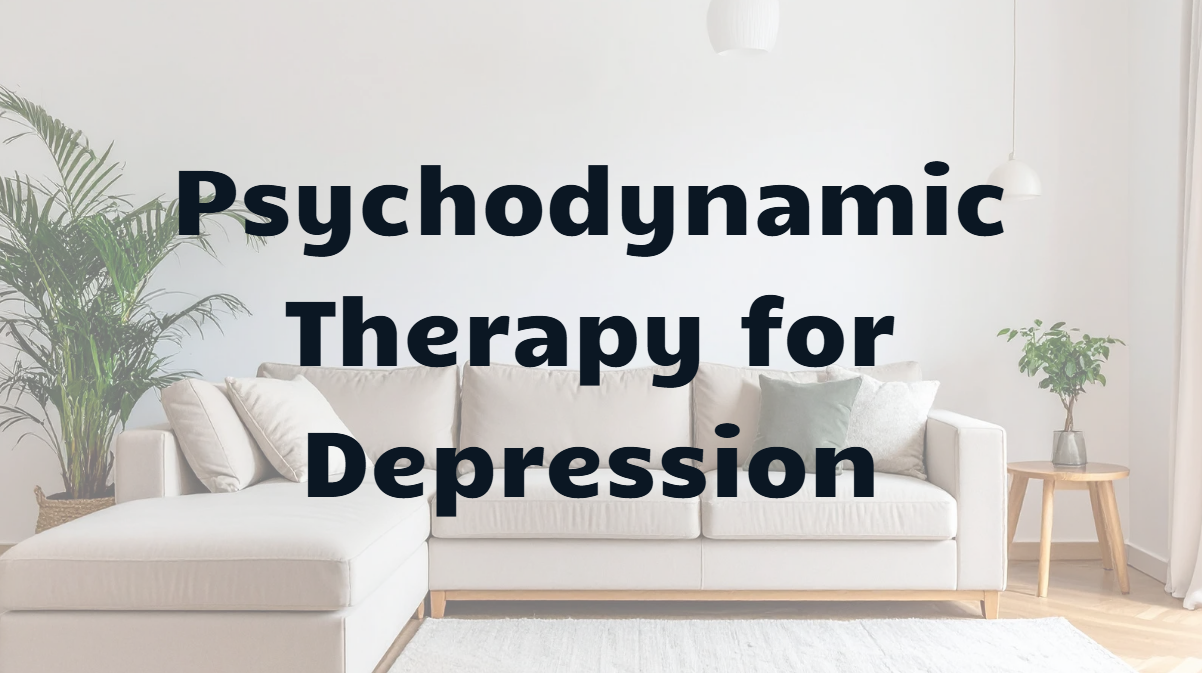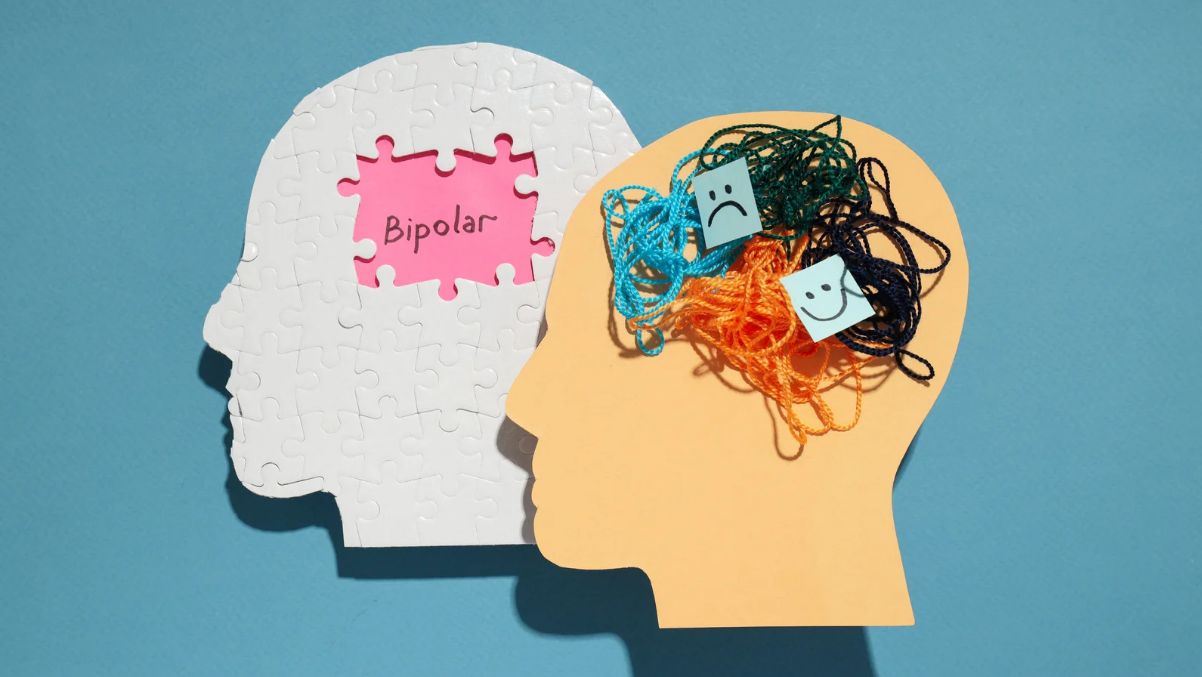Stress is a natural part of life, but it doesn’t have to control you. While deep breathing offers quick relief, it’s just one of many stress management techniques that help create lasting resilience. True balance comes from using a variety of stress management techniques to stay grounded through life’s ups and downs.
When left unchecked, stress can seriously impact your mental, physical, and emotional health—leading to problems like fatigue, headaches, anxiety, or depression. Learning and practicing effective stress management techniques can boost your well-being, strengthen your ability to face challenges, and improve your overall quality of life. In this blog, we’ll explore practical methods—like mindfulness, physical activity, time management, and healthy habits—that you can start using today to take back control and live more peacefully.
Understanding Stress and Its Effects

Stress is the body’s natural response to pressure or demands, but chronic stress can have serious effects on both mental and physical health. When stressed, the body releases hormones like cortisol, which can cause physical symptoms such as headaches, muscle tension, and fatigue. Mentally, stress can lead to anxiety, irritability, and difficulty focusing. Over time, prolonged stress can result in more severe health issues, including high blood pressure, dealing with depression, and burnout. Recognizing stress and understanding its effects are essential in finding effective coping strategies, ensuring that stress doesn’t negatively impact your overall well-being and quality of life.
5 Types of Stress
Stress is a natural response to challenges, but it affects people differently depending on the situation. Understanding the different types of stress can help you recognize how stress impacts you and develop better strategies for managing it. Here are five common types of stress:
- Acute Stress: Short-term stress triggered by specific events (e.g., deadlines). It’s temporary but can cause tension or headaches.
- Chronic Stress: Long-term stress from ongoing problems like work or relationships. It can lead to serious health issues if left unmanaged.
- Episodic Acute Stress: Frequent short-term stress episodes, often due to a chaotic lifestyle. Common symptoms include irritability, anxiety, and burnout.
- Eustress: Positive stress that energizes and motivates, like starting a new job or tackling a fun challenge.
- Distress: Negative stress caused by overwhelming situations like trauma or loss. It can seriously impact emotional and physical health over time.
Causes of Stress

Stress can stem from a wide range of sources, and understanding its causes is crucial for managing it effectively. Here are some common causes of stress:
Work-Related Pressure
Deadlines, long hours, high expectations, and job insecurity can all contribute to work-related stress. Balancing work with personal life adds to the pressure.
Family and Relationship Issues
Disagreements, caregiving responsibilities, or challenges in relationships can create emotional strain. The responsibilities of family life can also contribute to feelings of being overwhelmed.
Health Concerns
Both chronic illnesses and acute health problems can cause stress. The uncertainty surrounding health diagnoses or treatment plans can be a significant source of anxiety.
Financial Strain
Struggling with finances, whether through debt, living expenses, or unexpected costs, can contribute to persistent worry and stress.
Life Changes
Major life transitions, such as moving, changing jobs, or experiencing the loss of a loved one, can cause emotional upheaval and stress.
Understanding the causes of stress allows individuals to take proactive steps to manage and mitigate its impact on their lives.
27 Stress Management Techniques You Can Use

Stress is a common part of life, but it doesn’t have to control you. While deep breaths can provide quick relief, they’re just one tool in managing stress. In this article, we’ll explore 25 practical stress relief techniques that you can implement today to help regain control and achieve balance.
- Deep Breathing Exercises: Taking slow, deep breaths can activate your body’s relaxation response and calm your nervous system. Try inhaling for 4 seconds, holding for 4, and exhaling for 4 to help reset your stress levels.
- Progressive Muscle Relaxation: Tense and relax each muscle group in your body, starting from your toes and working up to your head. This technique helps release built-up tension.
- Mindful Meditation: Spend 5-10 minutes a day focusing on your breath or an object. Meditation helps center your thoughts and encourages a calm, present state of mind.
- Take a Walk: A brisk walk, especially in nature, can reduce stress by clearing your mind and lowering cortisol levels. It’s also great for boosting your mood.
- Stretching: Gentle stretching relieves muscle tension and improves blood circulation, helping to ease stress and promote relaxation.
- Aromatherapy: Essential oils like lavender, eucalyptus, and chamomile have calming effects. You can use a diffuser or apply a few drops to your pillow to promote relaxation.
- Listen to Music: Music has the power to change your mood. Listening to soothing tunes can help you feel more at ease, while upbeat songs can lift your spirits.
- Journal Your Thoughts: Write down whatever is on your mind. Journaling can help you process your thoughts, organize your emotions, and reduce mental clutter.
- Laugh More: Laughter is a natural stress reliever that releases endorphins. Watch a funny video, listen to a comedy podcast, or spend time with someone who makes you laugh.
- Visualization: Close your eyes and imagine a peaceful place, such as a beach or a forest. Visualizing a calm environment can transport your mind away from stressors.
- Take a Power Nap: A short 10-20 minute nap can be incredibly refreshing. It boosts your energy, improves focus, and reduces stress without making you groggy.
- Drink Herbal Tea: Chamomile, peppermint, and valerian root are known for their calming properties. Sip on a warm cup to help soothe your nerves.
- Unplug from Technology: Take a break from screens to reduce the constant flow of information. Disconnecting helps calm your mind and restore your focus.
- Practice Gratitude: Reflect on the positive things in your life. Writing down what you’re grateful for can shift your focus from stressors to uplifting thoughts.
- Talk to Someone: Sharing your thoughts with a trusted friend or family member can help alleviate anxiety and provide emotional support.
- Do a Creative Activity: Engage in a creative activity like drawing, painting, or crafting. Creative expression is a great way to relieve stress and connect with your emotions.
- Get Moving: Physical exercise releases endorphins, the body’s natural mood enhancers. Whether it’s a quick jog or dancing in your living room, moving your body helps you relax.
- Try Yoga: Yoga combines physical movement with mindful breathing, making it an excellent tool for reducing stress and promoting relaxation.
- Set Boundaries: Learn to say no when necessary. Protecting your time and energy helps reduce stress and prevent burnout.
- Eat Stress-Relieving Foods: Include foods like leafy greens, omega-3-rich fish, and nuts in your diet to support your body’s stress response and improve your overall well-being.
- Practice Self-Compassion: Treat yourself with kindness and understanding, especially when you’re stressed. Self-compassion can reduce feelings of guilt and pressure.
- Laugh Yoga: Combining laughter with breathing exercises, laughter yoga is a fun and effective way to reduce stress and boost your mood.
- Mindful Walking: While walking, focus on the sensation of each step and the environment around you. Mindful walking is a great way to practice mindfulness and relieve stress.
- Create a Relaxing Environment: Dim the lights, play soft music, and add calming scents to create an environment that helps you unwind and relax.
- Get a Massage: If possible, treat yourself to a massage to relieve muscle tension and promote relaxation. Or use a handheld massager at home for instant relief.
- Spend Time with Pets: Interacting with pets can be incredibly therapeutic. Petting a dog or cat can lower blood pressure and bring you a sense of calm.
- Practice Tai Chi: This gentle form of exercise combines slow, controlled movements with focused breathing. Tai Chi promotes relaxation, mental clarity, and stress reduction.
These techniques can be a game-changer for managing stress. Whether you implement a few or all of these methods, the key is consistency. By incorporating these strategies into your routine, you’ll be able to tackle daily stressors more effectively and improve your overall well-being.
When to Seek Professional Help

Stress is a natural part of life, but when it becomes chronic or begins to interfere with daily functioning, it may require more than self-care. At a certain point, professional support is not just helpful—it’s necessary for long-term well-being.
Signs That Indicate the Need for Help
The following signs may indicate that an individual should seek professional mental health support:
- Persistent feelings of anxiety, worry, or unease—especially when there is no clear cause
- Ongoing sleep disturbances, including trouble falling asleep, staying asleep, or experiencing nightmares for more than two weeks
- Noticeable loss of interest or pleasure in hobbies, activities, or social interactions
- Significant changes in appetite or weight related to stress
- Increased reliance on alcohol, drugs, or food as a coping mechanism
- Difficulty concentrating, making decisions, or completing routine tasks
- Constant fatigue or low energy, even after adequate rest
- Withdrawal from friends, family, or usual support systems
- Thoughts of self-harm, hopelessness, or a sense of being overwhelmed beyond control
Who to Talk To
There are several professional avenues individuals can turn to for help:
Primary Care Provider (PCP)
Often the first point of contact. They can evaluate physical and emotional symptoms and provide referrals to mental health specialists.
Licensed Therapist or Counselor
These professionals provide a safe space to explore stressors and develop healthy coping mechanisms through evidence-based approaches.
Psychiatrist
A medical doctor specializing in mental health who can diagnose conditions and prescribe medication when appropriate.
Employee Assistance Programs (EAPs)
Offered by many workplaces, EAPs provide free and confidential access to counseling services and mental health referrals.
Community Mental Health Centers
Offer affordable therapy options, often on a sliding fee scale, particularly helpful for those without insurance.
Crisis Support Services
In urgent situations, crisis hotlines (such as 988 in the U.S.) or emergency services can offer immediate support and intervention.
Real Relief Starts with Small Steps
Stress is a natural part of life, but it doesn’t have to overwhelm you. By understanding the causes and effects of stress and implementing effective stress relief techniques, you can regain control and improve your mental and physical well-being. Whether through mindfulness, physical activity, time management, or seeking professional help, there are many ways to reduce stress and enhance your quality of life.
Remember, stress management is a lifelong process, and consistency is key. If you find yourself struggling, don’t hesitate to seek support. Stay Healthy! LLC is here to provide resources and guidance on how to better manage stress and lead a healthier, balanced life. Start today, and take the first step toward lasting stress relief.











